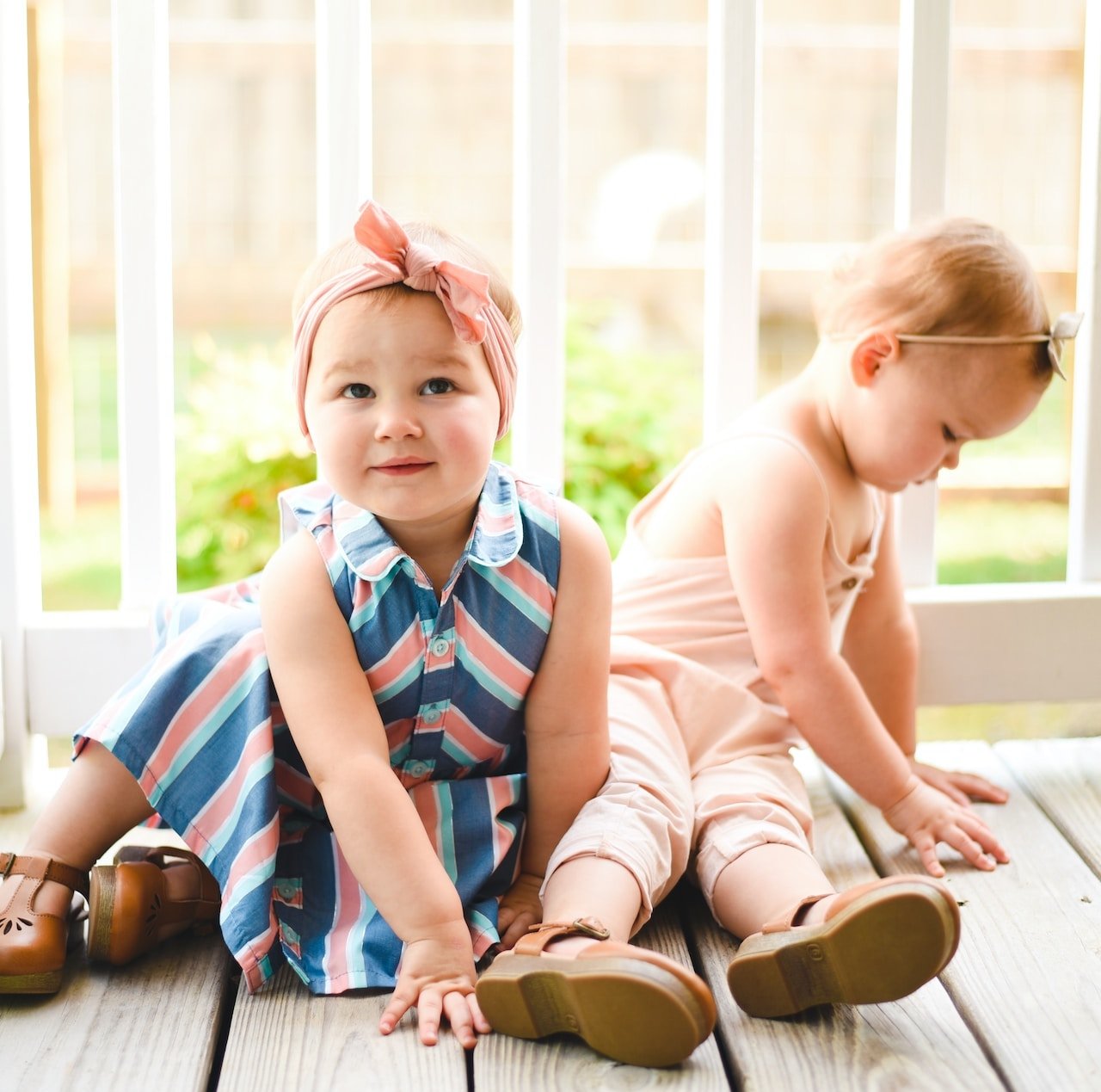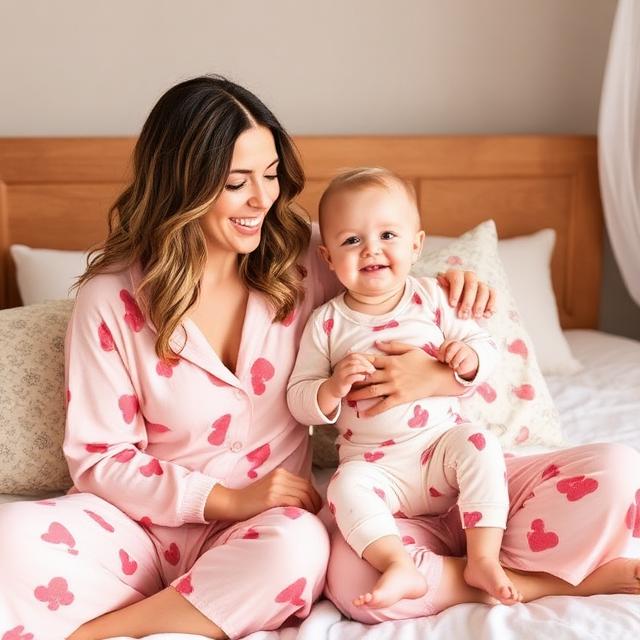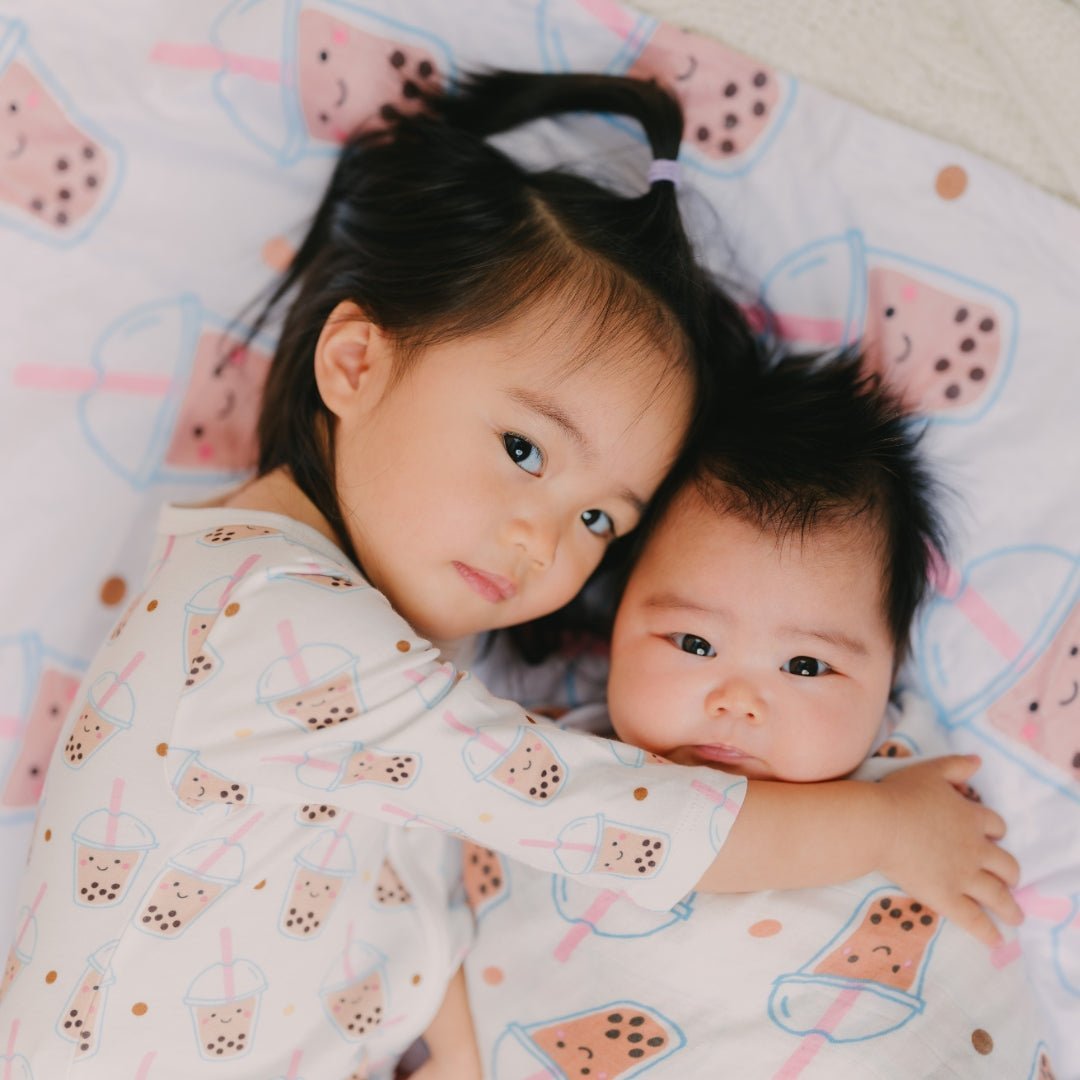Your Cart is Empty
Gift Sets
Categories

Organic Baby Clothing: Benefits and Tips for Choosing Sustainable Apparel
by Adrian Ma November 28, 2023 3 min read
As dedicated and responsible parents, we seek to provide our little ones with the very best in terms of care, comfort, and quality in every aspect of their lives. One such area where conscious choices can make a significant difference in their health and well-being is the clothing they wear.
Organic clothing has emerged as a popular choice among parents who value sustainable, eco-friendly products that promote the health of their babies and the environment.
In this article, we will delve into the advantages of organic clothing for your baby's health and well-being, as well as the wider environmental impact. We will also provide guidance on what to look for when selecting organic baby garments, including certification, quality, and sustainability factors. By opting for eco-friendly clothing choices, you can take an active role in safeguarding your baby's health, as well as making a positive impact on the world for future generations.
The Benefits of Organic Baby Clothing
1. Reduced Exposure to Harmful Chemicals
One of the most crucial advantages of choosingorganic baby clothing is the reduced exposure to harmful chemicals such as pesticides, synthetic fertilizers, and heavy metals, which can be found in non-organic garments. These toxins can be absorbed through the skin, potentially causing skin irritations, allergies, or other health issues.
Organic clothing, however, uses materials grown and processed without harmful chemicals, providing a safer and healthier option for your baby's delicate skin.
2. Enhanced Comfort and Skin-friendly
Organic materials, such as cotton and bamboo, are known for their softness, comfort, and breathability, making them ideal for babies' sensitive skin. These naturally hypoallergenic materials help regulate your baby's body temperature, reduce irritation, and wick away moisture, ensuring your baby's comfort throughout the day.
3. Environmentally Friendly
Opting for organic clothing is an eco-conscious decision that supports sustainable and responsible farming practices. Organic farming contributes to reduced water waste, decreased soil erosion, and increased biodiversity, thus minimizing the negative environmental impact of conventional farming methods.
4. Socially Responsible and Ethical
By choosing organic clothing, you also contribute to the promotion of fair working conditions and ethical practices within the fashion industry. Organic clothing production often adheres to stricter labor regulations and fair wages, ensuring a more ethical and sustainable supply chain.
Key Considerations for Choosing Organic Baby Apparel
1. Look for Certifications
When selecting organic clothing, pay attention to certifications that indicate the product's compliance with organic standards. Certifications such as Global Organic Textile Standard (GOTS) and Oeko-Tex Standard 100 assure customers that the garments have been produced under strict environmental and social criteria, from farming to manufacturing.
2. Quality and Durability
Investing in high-quality organic baby clothes ensures that your baby is not only comfortable but that the garments are built to last. Organic clothes tend to be more durable due to the absence of harsh chemicals, which can weaken the fiber structure. Look for reputable brands, such as The Wee Bean, that prioritize quality and sustainability in their products.
3. Sustainability and Brand Ethics
Beyond the garments themselves, explore the brand's commitment to sustainability and ethical practices throughout its supply chain and processes. This may include aspects such as packaging, production methods, and workplace conditions. By supporting brands that prioritize sustainability and ethics, you contribute to fostering positive change within the industry.
4. Price Versus Value
Though organic clothing may sometimes come with a higher price tag, it's essential to consider the long-term value of investing in quality, eco-friendly garments. The benefits your baby receives from reduced chemical exposure and enhanced comfort, in conjunction with the positive environmental and social impact, make organic clothing a worthwhile investment for many parents.
Final Thoughts
Embracing organic clothing for your baby offers numerous advantages, from promoting your little one's health and comfort to making a positive impact on the planet and supporting ethical practices in the fashion industry. By considering factors such as certifications, quality, sustainability, and brand ethics while selecting organic baby garments, you can feel confident in your choices and contribute towards a healthier, more sustainable future for both your child and the earth.
Are you ready to learn more about the remarkable benefits of organic clothing for your baby and the planet? Don't forget to explore The Wee Bean's collection oforganic baby clothes, specially designed for the little ones with sensitive skin and eczema!
Leave a comment
Comments will be approved before showing up.
Also in Latest Blog Posts

New Year, New Mindset for 2026: Embracing Body Positivity in Motherhood
by Adrian Ma January 27, 2026 6 min read
Learn how to embrace body positivity after pregnancy with practical, research-backed strategies for postpartum mothers in 2026.

The Ultimate Guide to Buying Baby Clothes: How Much Does Your Baby Actually Need?
by Adrian Ma January 11, 2026 5 min read
Welcoming a new baby is one of life’s most joyful milestones, but it also brings a long list of decisions, especially when it comes to choosing baby clothes. New parents often find themselves wondering, How many baby clothes does a newborn really need? or Should I buy more newborn sizes or skip ahead to 0–3 months?
Recently viewed products
Sign up to get 15% OFF your first order
Sign up to get the latest on sales, new releases and more …

